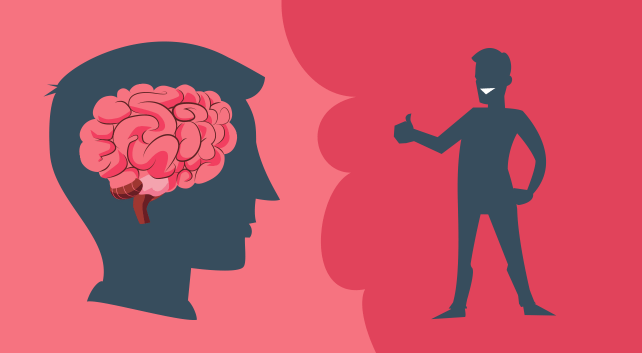- rli
- Blog post
What resilient learners do differently
Whether it takes the form of manager feedback, client dissatisfaction or flat-out tangible failure, every employee knows the sting of falling short of expectations.
A key question for managers and organizations is: How does an employee deal with that inevitable struggle? When adversity strikes, will the employee rise to the challenge or crumble in defeat?
A group of international psychologists recently conducted a study looking into people’s responses to adversity. Specifically, they wanted to find out what behaviors separate people who are resilient from those who are not.
The research
The study observed 365 high school and college-aged students living in Spain. Through academic performance and a series of questionnaires, the researchers were able to identify the students who demonstrated resilience during their academic experience. Then they looked at the behaviors these students undertook during a challenging time in school.
The researchers found that resilient students exhibited what the study called self-regulation: When faced with a failure or a challenge, the students looked inward to their own actions to determine how they could improve their approach and achieve success.
Self-regulation took the form of two primary actions – learning from mistakes and goal setting. These behaviors were found to be more indicative of resilience than other suspected factors like confidence, coping skills and tenacity.
Learning from mistakes isn’t just about acknowledging failure – it’s about behavior change. When the resilient students did poorly on a test, for example, they didn’t just think, “I really should’ve studied more.” They make a pact with themselves to never cram the night before a test again. They change their habits and behaviors to ensure that history doesn’t repeat itself.
Similarly, goal setting isn’t just about being aspirational or taking the time to write their goals down – it goes much further. Sure, the students would reflect on their academic goals and eventually write them down. But then they’d formulate a plan for how to achieve those goals. And they’d write down specifics, including how they were going to change their routine or alter their habits to make their goals achievable.
Implications
Research has proven that resilience is an acquired skill, not something people are born with. It can be learned. So make sure people in your organization know that they can build a better response to struggle and failure.
The techniques the resilient students used may come naturally to some, but not for everyone. So spread the word. Specifically, encourage managers to ask four questions when coaching employees after a setback or failure:
- What did you learn?
- What will you do differently next time?
- What are your goals when you face situations like these in the future?
- What specific steps will you take to achieve them?
Source
Artuch-Garde, R., et al. (2017). Relationship between resilience and self-regulation. Frontiers in Psychology, 8. doi: 10.3389/fpsyg.2017.00612

Get a demo of all our training features
Connect with an expert for a one-on-one demonstration of how BTS Total Access can help develop your team.





1 Comment
Very Good insight, for myself and those I manage